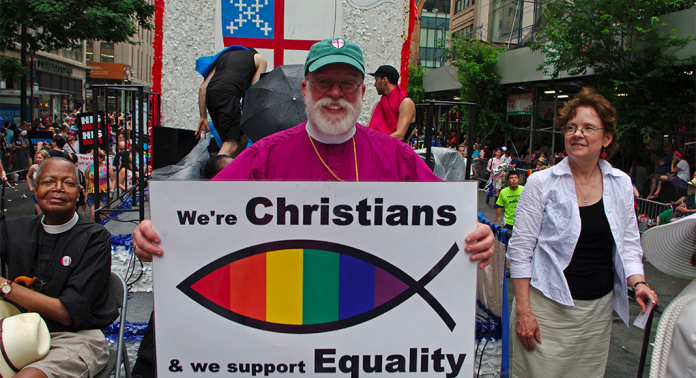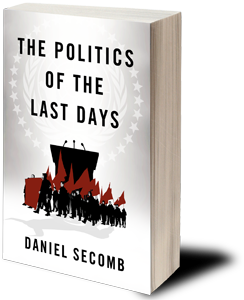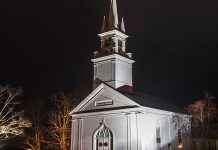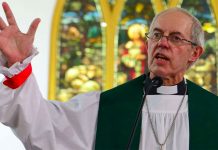
A majority of Protestant pastors in the United States still disapprove of same-sex relationships, but the overall approval has grown largely due to mainline pastors, a new study by LifeWay Research reveals.
Only about 8 percent of self-identified evangelical Protestant pastors say they have no issues with same-sex marriage, and their percentage has remained the same since 2010, according to a new survey by the Nashville-based research group.
However, support among self-identified mainline Protestant pastors for same-sex marriage has jumped from a third (32 percent) in 2010 to almost half (47 percent) in 2020.
The study suggests that Presbyterian or Reformed (49 percent), Methodist (47 percent), Lutheran (35 percent) and Christian/Church of Christ pastors (20 percent) are more likely to see nothing wrong with same-sex marriage than Baptist (3 percent) or Pentecostal pastors (1 percent).
Scott McConnell, executive director of LifeWay Research, says the data should be interpreted cautiously. “The stability in the views of evangelical pastors means either there has been no growth in acceptance of same-sex marriage among them or the pastors that no longer have moral reservations about it no longer identify as evangelical.”
Last week, the Episcopal Diocese of Michigan consecrated its first openly lesbian bishop, the Rev. Bonnie A. Perry. Anna Stania, director of Communications for the diocese, told The Christian Post that Perry’s candidacy received no opposition because of her sexual orientation. “We have experienced an overwhelming outpouring of joy, grace and excitement since her election and consecration.”
The study also indicates that white pastors (27 percent) are more likely to see nothing wrong with same-sex marriage than African American pastors (15 percent) or pastors of other ethnicities (6 percent).
It further suggests that those with a doctorate (27 percent) or a master’s degree (32 percent) are more likely to support same-sex marriage than pastors with a bachelor’s degree (9 percent) or no college degree (6 percent).
The survey results also show that pastors of churches with fewer than 50 in attendance (33 percent) are more likely to support same-sex marriage than those at churches with 100 or more in attendance (19 percent).
“The movement we see among pastors’ views of same-sex marriage has less to do with their denominational tradition than their view of the Bible,” McConnell explains. “An evangelical distinctive is the ultimate authority the Bible has over one’s beliefs despite changing cultural perspectives. It is not surprising then that evangelical pastors across different denominations continue to view same-sex marriage as wrong through this lens.”
Last month, United Methodist Church leaders proposed a plan that would formally split the denomination after years of division over non-celibate LGBT clergy and same-sex marriage, with the formation of a new denomination for Methodists who hold to a biblical understanding of marriage and sexuality.
Overall, 24 percent of pastors say they see nothing wrong with two people of the same gender getting married — up from 20 percent in 2018 and 15 percent in 2010, according to LifeWay. And 72 percent of pastors disagree and 67 percent strongly disagree.
“More than four years after the Supreme Court legalized same-sex marriage in all 50 states, most Protestant pastors still see a moral problem with it,” said McConnell. “More pastors are protective of marriage itself, but legal civil unions also are seen as wrong by most pastors.”
Source: Christian Post
 Register your interest for Daniel Secomb's new book, "Politics of the Last Days"
Register your interest for Daniel Secomb's new book, "Politics of the Last Days"
Daniel's new book explores the integral and fascinating role that politics will play in the end times.
He demonstrates that political philosophy is actually underpinned by biblcal principles and that by examining the political history of the past can give us a fascinating glimpse into how Biblical end times events will unfold.
Be sure to sign up with your name and email address to be notified of updates and the upcoming release date of the book.

















